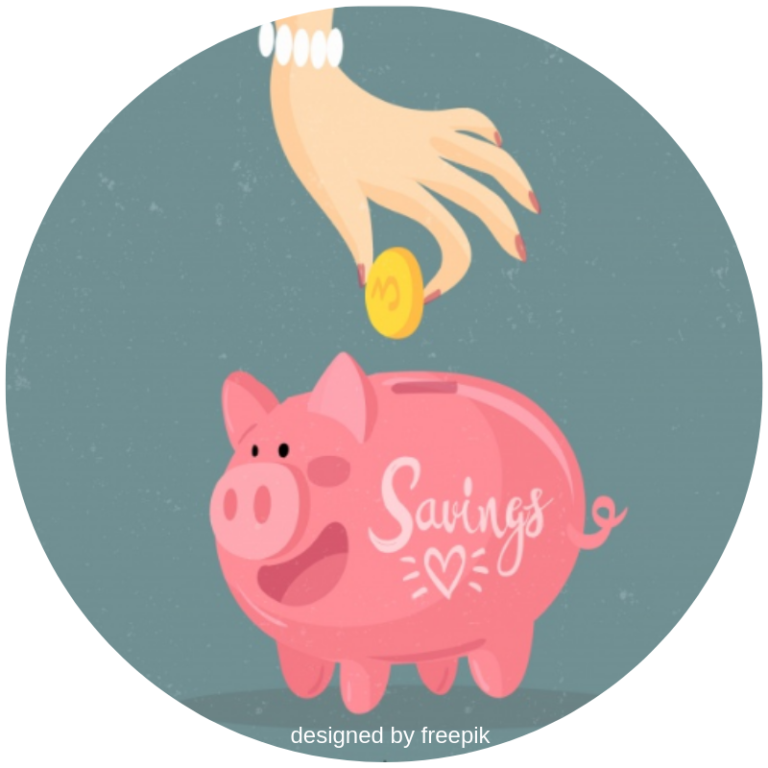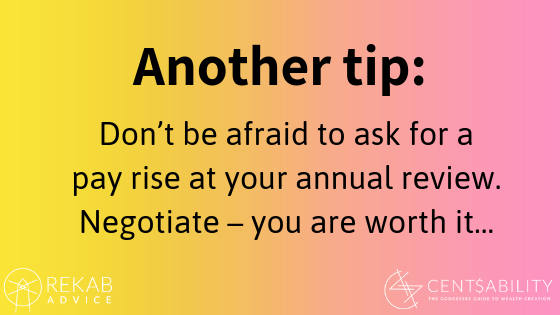This afternoon a newsletter popped into my inbox, I always glance over them late in the afternoon or before I start my day. This one struck me.
The header: What happens if you lose your job? To me (as a financial adviser and money coach) seemed like an obvious question….. But unless you are seeking financial advice you may not be aware of how financially exposed to risk you really are.
To quote the article from ‘MoneyPlace’ it states “Research from Finder found 46% of Australians could be living from pay to pay, with as many as 2 million living on the edge with just enough money to survive one week without income. Only 36% of us (just over 1 in 3) could survive for four months or more if they lost their income source”.
I don’t know about you but I would be incredibly uncomfortable if I had to go on NewStart allowance….. If you live in any capital city in Australia the rent or Mortgage alone would not be covered.

So it begs the question. What contingency plan do you have? How much is needed for this rainy day? And perhaps you are thinking getting another job won't be hard, or that you have sick leave, long service leave and perhaps know that the company will pay out a handsome redundancy package to you… however what if you get sick or injured? What happens then?
Sorry if this causes you fear or anxiety…. I don’t mean to do that, however, what I do want is for you to think about this and ensure you have some things in place so you don’t get caught in a financial pickle.
First, make sure you have income protection
If you don’t get it. If you think it is expensive then consider the following:
- Income protection is a tax deduction. It can also be funded by your super – however, I recommend you get financial advice for the best structure.
- Income protection is like an investment – ok so you may not ever need it -and I honestly hope you don’t – but if you do, it will pay 75% of your gross income for the period of time you are either covered or if covered until age 65 until you return back to work. Please note, an adviser will recommend a policy that will underwrite you medically and financially so a claim won’t be challenging, and a financial adviser will also handle this for you.
Most of us insure our cars, how homes and even our holidays…. But our biggest asset is our ability to earn an income, so why not insure yourself to do just that.
Second, a saving plan is so important

You don’t want to have to rely on the government or suffer severe hardship that you jeopardise your home and potentially need to break into your super (which by the way is not easy and there are many requirements you must meet before you meet the conditions of release under the SIS Act).
So believe me when I say it is easier to get in the habit now of saving a little bit each pay cycle for this rainy day than suffering if the storm hit.
Here are some clever tips on how to get started with a savings plan:
- Know your fixed costs – this is your rent or mortgage, electricity, gas, Netflix, phone bills, gym membership….. everything you have committed to that is a regular occurring payment.
- Pay your fixed costs when you get paid – this way you’re on top of your bills. Set up a scheduled payment for these expenses to come out of your account the day you are paid.
- Know what your variable costs are: These are expenses such as food, entertainment, petrol etc. I usually recommend this to be transferred to an everyday bank account.
- Leave a portion for savings now that you know what your commitments are – if you are over-committed then you do need to work on a budget and cut some things back or increase your income somehow.
- Earning money is a reward for your hard work, so ensure you put some funds away for fun…. Whatever this is for you make it happen.
The above is a bit of a teaser on how I set my clients up with taking control of their cash flow, my cash flow process is what I call money mindfulness….. clients who do money coaching with me are also familiar with this concept.
The important thing is you must start somewhere – even if your savings amount is small…. It’s a start and a start in the right direction.
The beauty about saving and then long-term investing is that over time the reward compounds – I will be sharing more about this in another article.
Getting back to how much you should have saved ideally this should be around 6 months income.
If you’re serious about savings and have already got a decent balance I would suggest you get some financial advice on how this can be properly invested according to your personal risk tolerance so you can reap the rewards of higher interest….. if this scares you, then start with term deposits. Leaving your money in just a bank account will attract a very small amount of interest so your savings won’t be working hard for you.get
So, to recap:
- Make sure you are putting away for a rainy day – but be realistic about your cash flow, practice money mindfulness and be in control of how you pay your bills and how you save.
- Protect your self – you are your greatest asset – insure yourself to earn that money. Go and seek advice. If you would like to book a 15-minute zoom call with us to see if we can help you – click here to register.

Follow my blogs and sign up for my newsletters so you get practical tips and ideas on improving your relationship with your money.
Click here if you’re interested in taking the money type quiz and to know more about money coaching.
Disclaimer: The information provided in this article is general in nature only and does not constitute financial advice. The author of this article is a licenced financial adviser and it is recommended you seek advice as suggested in this article.
